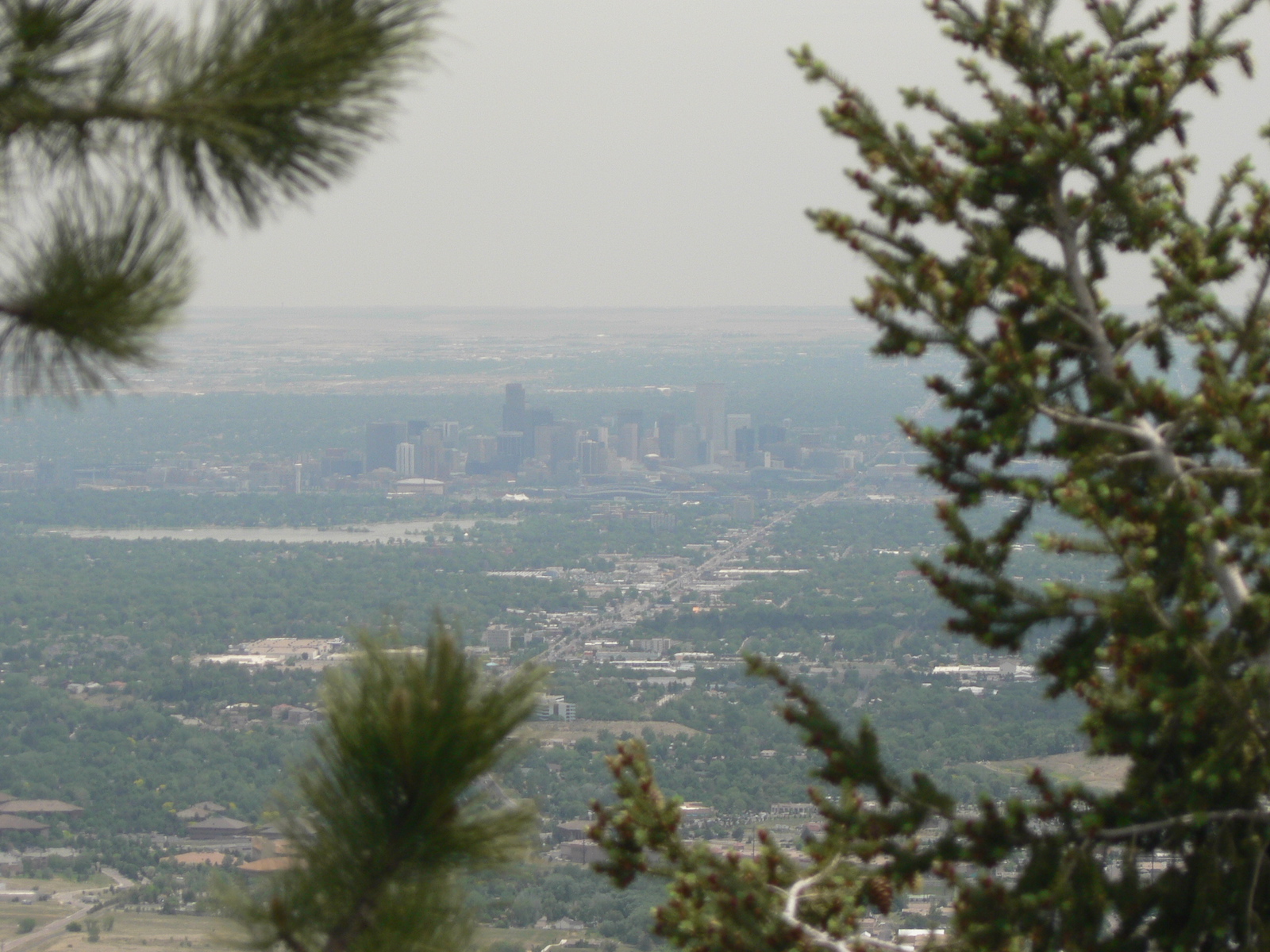The Local newsletter is your free, daily guide to life in Colorado. For locals, by locals.
Yesterday, President Donald Trump announced that he would initiate the process to remove the U.S. from the Paris Agreement, a historic accord that was signed by 195 member nations in April 2016 as a promise to reduce greenhouse gases and curb the effects of climate change. The United States—Earth’s second-largest polluter, behind China—is now one of only three nations that are not a part of the pact, joining Syria and Nicaragua.
The move was widely denounced politicians around the world, business leaders, and environmentalists, and supported by some members of the Republican Party. While Trump has voiced his suspicions of climate change’s validity in the past—Vox reports that he has tweeted his skepticism 115 times—virtually all scientists agree that it is a fact, and the repercussions will only get worse if we don’t make significant strides to lessen the impact.

Some of the fiercest opposition to Trump’s order is stemming from local governments. In early June, 86 mayors representing more than 40 million Americans nationwide, signed an agreement that promises to “adopt, honor, and uphold the commitments to the goals enshrined in the Paris Agreement.” By Tuesday, July 11, that number had risen to 353 mayors, representing more than 66 million Americans.
Fifteen mayors from Colorado—Denver Mayor Michael Hancock, Boulder Mayor Suzanne Jones, Lakewood Mayor Adam Paul, Aspen Mayor Steve Skadron, Longmont Mayor Dennis Coombs, Breckenridge Mayor Eric Mamula, Edgewater Mayor Kris Teegardin, Lafayette Mayor Christine Berg, Vail Mayor Dave Chapin, Wheat Ridge Mayor Joyce Jay, Westminster Mayor Herb Atchison, Telluride Mayor Sean Murphy, Nederland Mayor Kristopher Larsen, Frisco Mayor Gary Wilkinson, and Fort Collins Mayor Wade Troxell—all signed the pledge, which reads, in part:
“We will continue to lead. We are increasing investments in renewable energy and energy efficiency. We will buy and create more demand for electric cars and trucks. We will increase our efforts to cut greenhouse gas emissions, create a clean energy economy, and stand for environmental justice. And if the President wants to break the promises made to our allies enshrined in the historic Paris Agreement, we’ll build and strengthen relationships around the world to protect the planet from devastating climate risks.”
Denver released an updated Climate Action Plan in 2015. It includes strategies for improving energy-efficiency in buildings, lowering the electricity emissions factor, reducing single-occupant vehicle commuting, and increasing the use of alternative transportation.
In a statement released on Thursday, Mayor Hancock reaffirmed the city’s commitment to this plan: “Denver has been a leader in combating climate change and in growing the clean energy economy. We will not back down from our commitment to address this global threat and will continue the pledge to meet the targets of the Paris Agreement even in the absence of federal leadership.”
Statewide, Colorado has already seen a 2.5 degree increase in average daily temperatures since 1980. Scientists expect for this to increase by 2.5 to 5 degrees by 2050. What does this equate to, exactly? According to reporting for 5280’s “Climate Change: A Matter of Degree,” published in December 2016, “It means an average daily high near 90 degrees in the summer instead of about 85. And it means we drop from 150 nights a year below freezing to about 125.”
These increased temps can lead to worse droughts, more fires, and an increased strain on our already stretched water supply. So yes, climate change is real and important, and will affect Coloradans, as well as the country and the world.
Editor’s Note, 7/11/17: This article was updated to reflect that more mayors from Colorado and across the country have since signed the agreement.








